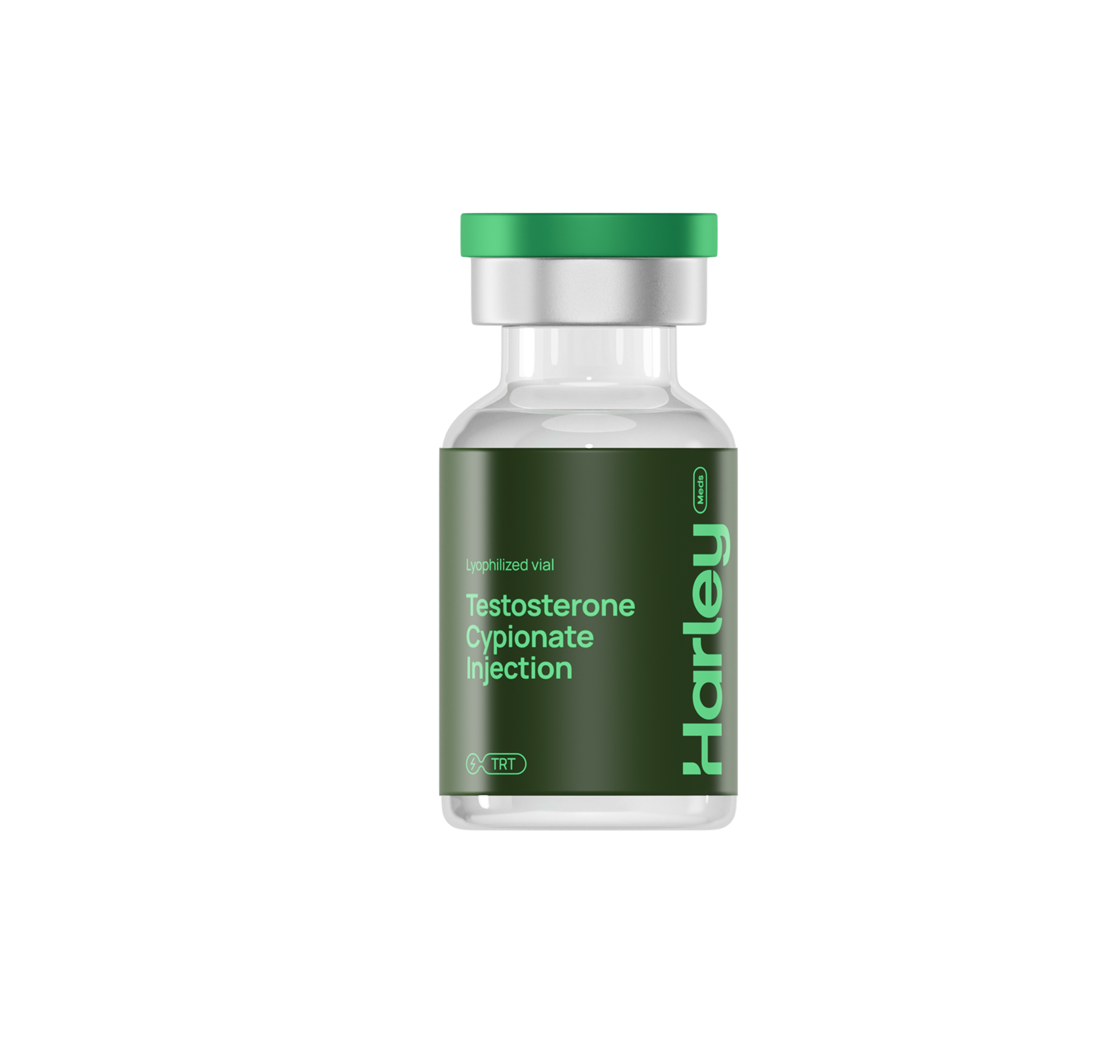The moment you realize something isn’t right
It starts subtly. You wake up tired—even after eight hours of sleep. Coffee doesn’t hit the same. Your focus drifts during conversations, and by mid-afternoon, you feel completely drained. The gym? You can’t remember the last time you had the motivation to go.
At first, you chalk it up to stress or aging. But then other things start creeping in—your mood shifts, patience runs thin, and you feel more irritable than usual. Maybe you’ve even noticed changes in your body—more fat around your midsection, less muscle tone, and a lack of interest in things that used to excite you.
If this sounds familiar, you’re not alone. Many men experience these exact changes without realizing the underlying cause: low testosterone.
Why testosterone matters more than you think
Testosterone isn’t just about muscle or masculinity—it’s a biological powerhouse responsible for energy, mental clarity, mood regulation, metabolism, and overall vitality. When levels decline, your body feels the difference in ways you may not immediately recognize.
• why is testosterone important? It influences everything from how you process emotions to how your body burns fat
• who does testosterone affect? While it’s crucial for men’s health, women also rely on testosterone for energy and bone strength
• what happens when testosterone is low? The symptoms build over time—fatigue, brain fog, mood swings, weight gain, and even disrupted sleep patterns
If you’re constantly feeling off, it’s not just in your head—your hormones play a bigger role than you might realize.
Low testosterone: symptoms you shouldn’t ignore
Many men live with low testosterone without realizing it. Why? Because the symptoms are often mistaken for normal aging.
Here’s what happens when testosterone levels dip:
• you feel tired no matter how much you sleep – low testosterone disrupts energy production, leaving you sluggish
• brain fog takes over – memory lapses, trouble concentrating, and mental exhaustion become more frequent
• your mood shifts—fast – irritability, anxiety, and even mild depression are linked to testosterone imbalances
• your body composition changes – testosterone supports muscle retention and metabolism. Low levels make it harder to maintain lean mass and easier to gain weight
• your sex drive disappears – testosterone fuels libido. When it drops, so does sexual desire and performance
• sleep becomes a struggle – poor testosterone levels contribute to insomnia and restless nights
If you’re nodding along to any of these, it’s time to pay attention to what your body is telling you.
Can testosterone replacement therapy (TRT) help?
For many men, TRT is the turning point—the moment they feel like themselves again. Testosterone replacement therapy is medically supervised and designed to restore balance.
Here’s what it does:
• boosts energy and stamina – no more dragging through the day
• improves focus and mental clarity – goodbye, brain fog
• regulates mood – fewer mood swings, more control
• supports muscle retention and metabolism – helps prevent muscle loss
• restores libido and sexual health – brings back drive and performance
The question isn’t just how is testosterone measured? but rather, how does testosterone affect your daily life? If you’re noticing signs of decline, checking your levels is the first step.
Is TRT right for you?
Testosterone replacement therapy isn’t for everyone, but if your symptoms are interfering with your quality of life, it’s worth exploring. A simple blood test can determine if your testosterone is low—and from there, a tailored treatment plan can help restore balance.
🔗 Take control of your health today. Learn more about our TRT plan here.









